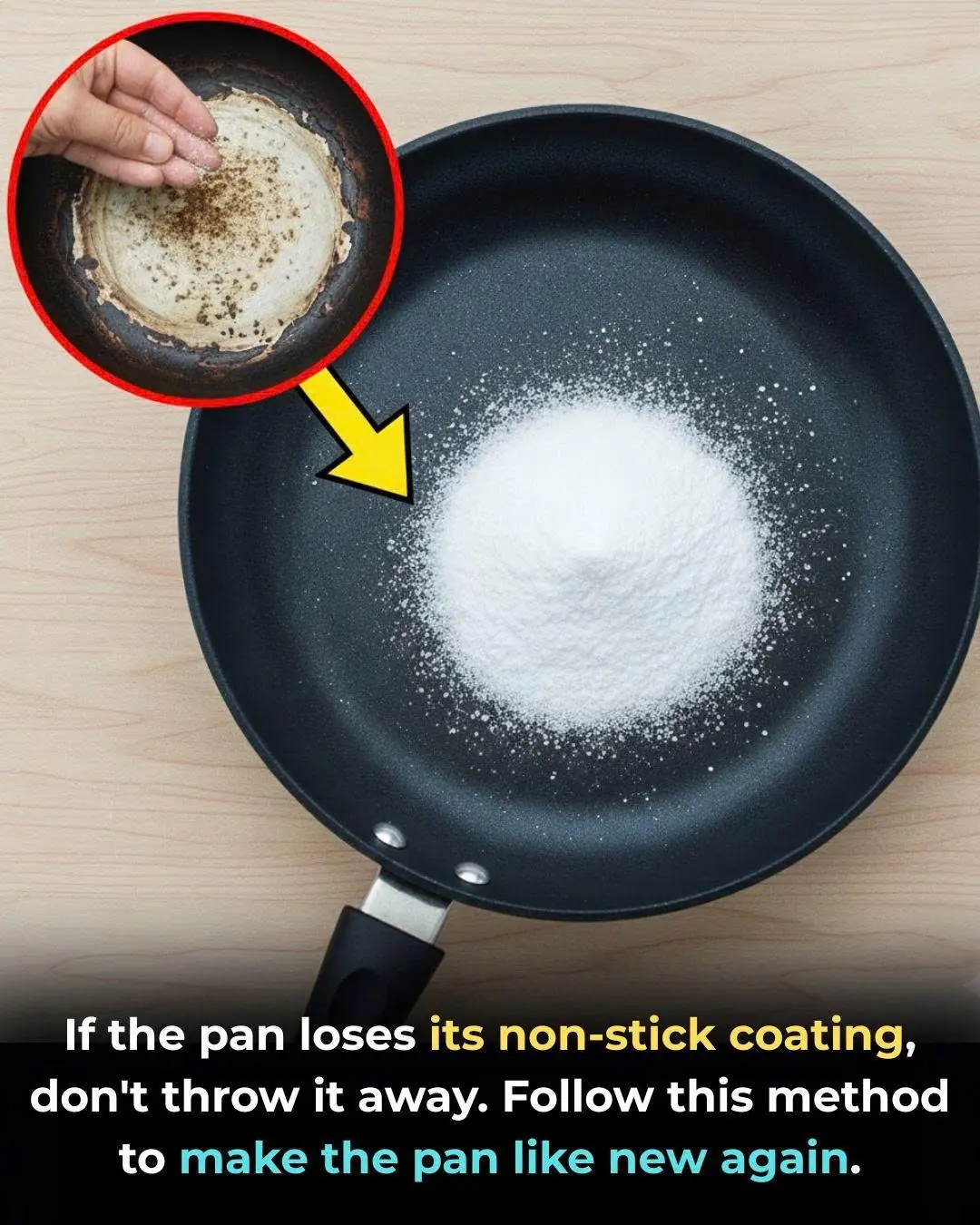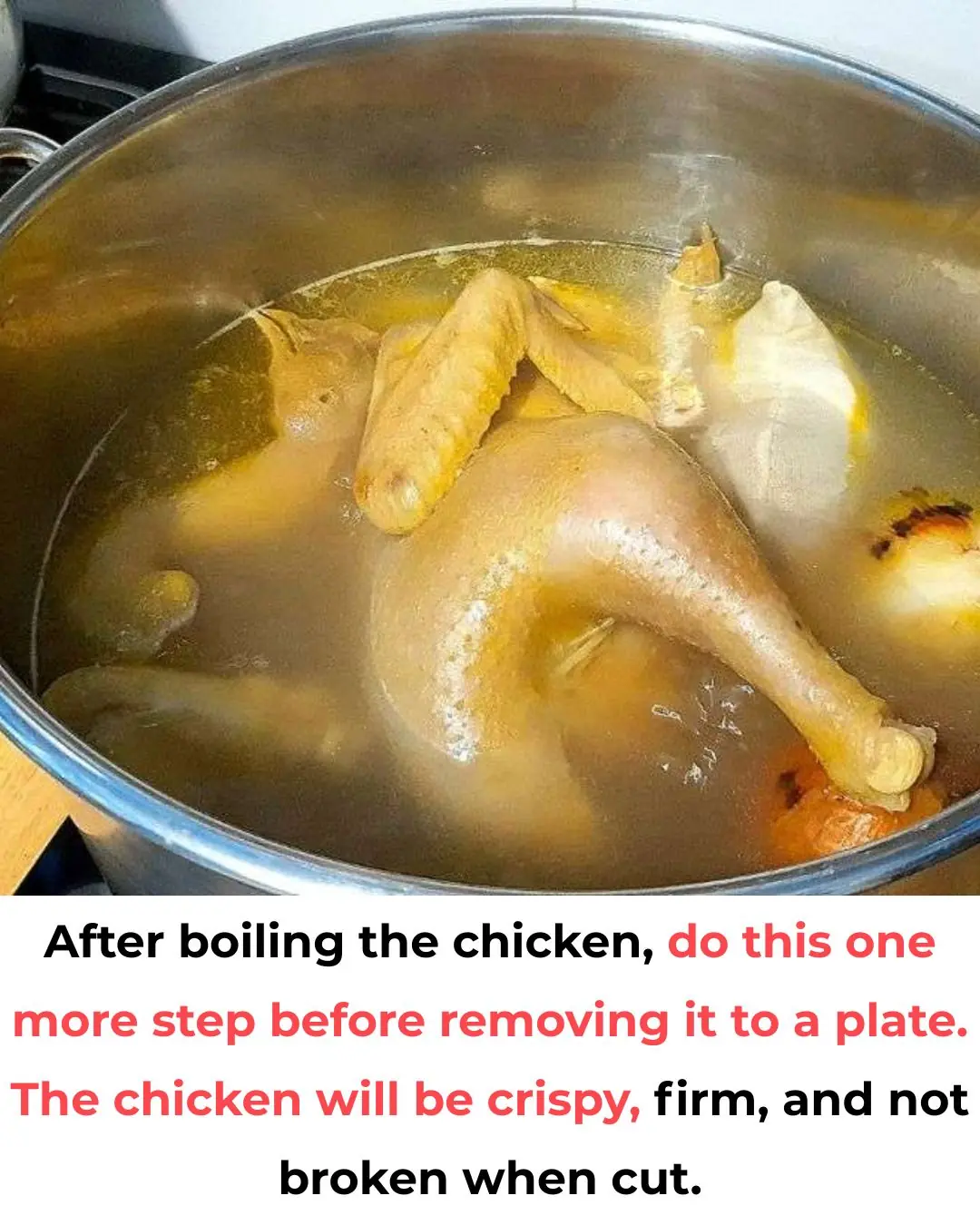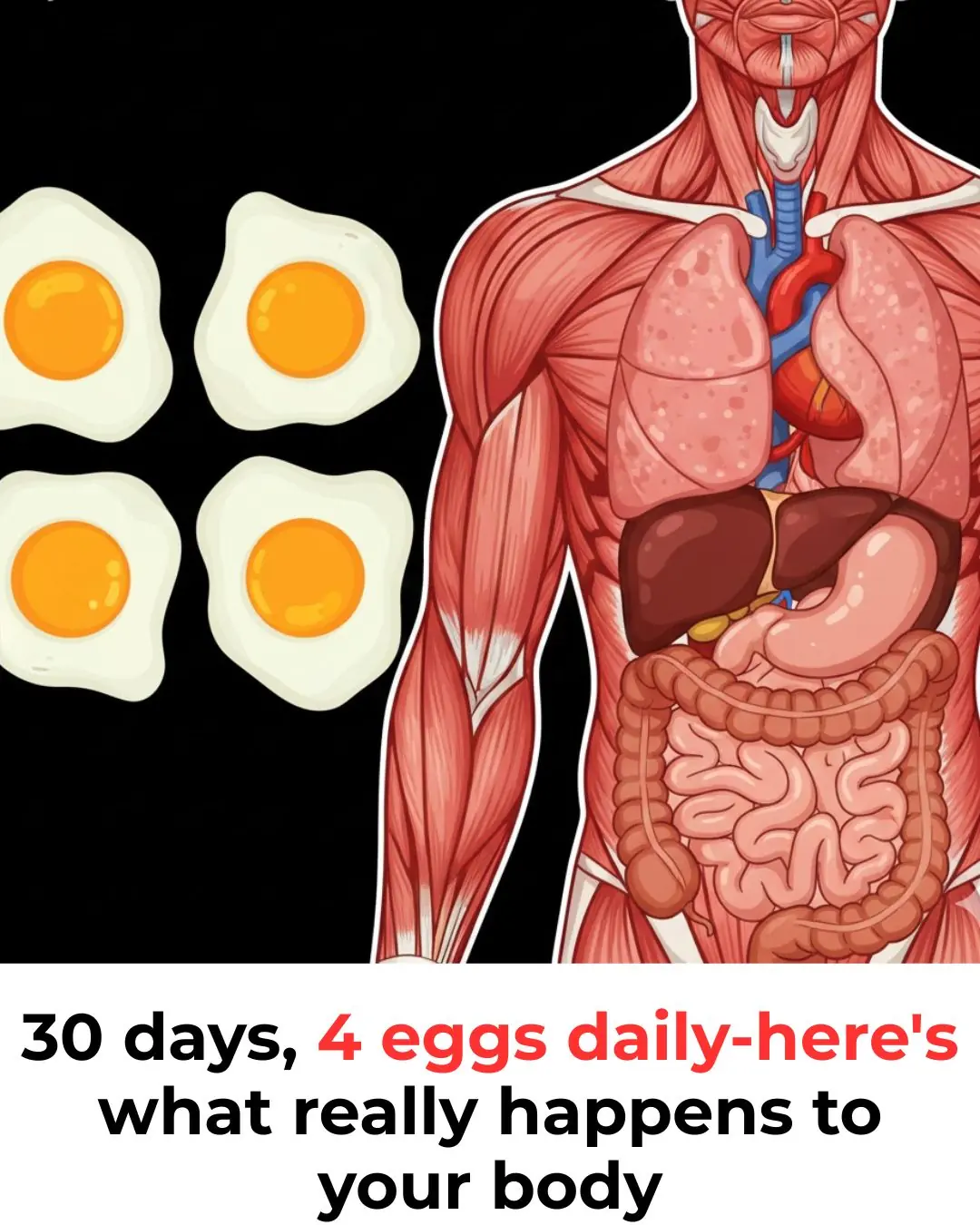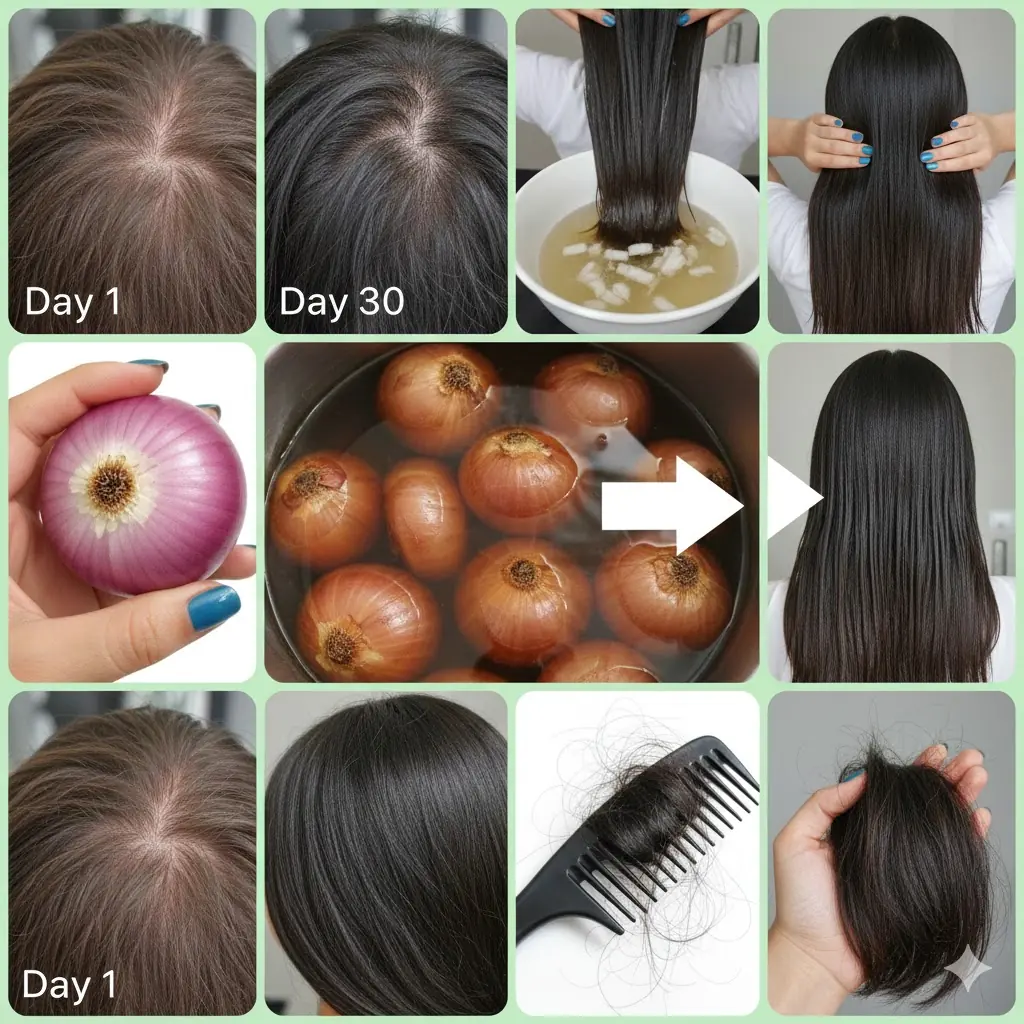
Putting eggs in the refrigerator door is a classic mistake that causes eggs to spoil quickly and lose all nutrients.

Why You Should Avoid Storing Eggs in the Refrigerator Door
Many households have the habit of keeping eggs in the refrigerator door, but experts advise against this common practice. Eggs are a highly nutritious food, rich in high–biological–value protein that is easy for the body to absorb. They also contain essential vitamins and minerals such as vitamin A, folate, vitamin B5, vitamin B12, vitamin B2, along with phosphorus, calcium, and zinc. Although eggs contain cholesterol, research has shown that the cholesterol found in eggs does not directly raise blood cholesterol levels.
In fact, including eggs in your daily diet is an effective way to increase levels of HDL—often called “good cholesterol.” HDL helps reduce the risk of cardiovascular diseases, stroke, and other related health conditions. Several studies have found that consuming two eggs a day for six weeks can raise HDL levels by up to 10%.
Another important nutrient in eggs is choline, which plays a crucial role in building cell membranes and producing signaling molecules in the brain. These molecules are essential for regulating nervous system functions and supporting cognitive health.
Besides their nutritional value, eggs are extremely versatile and can be prepared in countless ways, making them a staple in many households. Because of this, families often store large quantities of eggs in the refrigerator. The door shelves seem convenient, but experts say this is actually one of the worst places to keep them.
Temperature Fluctuations in the Refrigerator Door
Vlatka Lake, a business manager at the food-storage company Space Station, explains that the refrigerator door has the most unstable temperature. Each time the door is opened, the temperature rises and falls rapidly. When eggs are stored in this zone, they spoil more quickly due to these constant fluctuations. In addition, the frequent opening and closing causes the eggs to shake and vibrate, which may degrade their internal quality.
Dr. Tạ Tùng Duy from the Vietnam Institute of Applied Medicine also emphasizes this issue. He notes that bacteria can easily grow when eggs are exposed to inconsistent temperatures, weakening the protective membrane on the shell and increasing the risk of contamination. This makes eggs more prone to spoiling and can even affect food safety.
The Proper Way to Store Eggs
The best method is to place eggs in a dedicated storage tray or container, preferably with a lid, to prevent them from absorbing odors from other foods. The tray should be kept in the middle or deeper shelves of the refrigerator, where the temperature is more stable. Ideally, eggs should be stored at below 20°C to maintain freshness.
Dr. Phan Bích Nga from the National Institute of Nutrition adds that when a chicken egg is newly laid, it has a thin protective powdery coating. This layer helps prevent bacterial intrusion and increases the chances of successful hatching. However, despite this protective layer, eggs may still be contaminated because they pass through the same passage as feces during laying. For example, duck and goose eggs often carry large amounts of Salmonella, a bacteria associated with food poisoning.
Therefore, eggs purchased from markets should be cleaned before refrigeration, especially if they appear dirty. A quick rinse with clean water—or, even better, with lightly salted water—followed by thorough drying is recommended. If you buy eggs from supermarkets, they are usually pre-cleaned and sanitized, so washing them again is unnecessary.
Tips for Choosing High-Quality Eggs
1. Check the Shell
Start by examining the eggshell. A fresh egg generally has a clean, firm shell with consistent color. Avoid eggs with dark spots, discoloration, or pale patches, as these signs often indicate age or prolonged storage.
2. Feel the Texture
Gently run your fingers across the shell. Fresh eggs typically have a smooth, slightly glossy surface. Eggs that feel rough, chalky, or grainy may be older and less fresh.
3. Candle the Egg (Check Under Light)
Hold the egg up to a bright light source, such as a lamp or sunlight. Fresh eggs will have a small air cell, a firm yolk centered in the middle, and a thick, clear egg white. If the yolk moves freely or the air cell is large, the egg is likely older.
How to Keep Eggs Fresh for Longer
Although many refrigerators include egg shelves on the door, this placement is not ideal. Because the door is opened frequently, it becomes the warmest area in the fridge. This accelerates spoilage and reduces egg quality. Instead, store eggs on an inner shelf where the environment remains cool and constant.
For even better preservation, place eggs with the pointed end facing down. This position helps keep the yolk centered and reduces air exposure, extending freshness.
News in the same category


Don’t Throw Away Overripe Bananas – The Black-Spotted Ones Are a Nutritional Treasure

Your Non-Stick Pan Lost Its Coating? Don’t Throw It Away – Here’s How to Use It Like New

How to Choose the Best Apples: The Crispest, Sweetest, and Most Nutritious Ones (Updated for Nov 11, 2024)

When a married woman is obsessed with another man, she does 9 things.

The Mystery of the Blue Stop Sign

The Simple “Finger Test”

🦻 Hearing Loss: What Really Causes It — And What You Can Do

Why Placing Borax on Wax Paper Under Your Fridge Works: A Full Guide

Lavender Oil and Baking Soda: A Natural DIY Air Freshener Backed by Science (Full SEO Article)

Cleaning the TV with tissue paper or plain water is a mistake. Use this to clean the dust and not scratch the screen

Bananas can't be eaten in time when bought. Do this so they won't be dark or overripe all week

Kettles Build Up Mineral Deposits Over Time — Add This One Ingredient, Boil Once, and It Becomes Spotless Without Scrubbing

Why Should You Pour a Kettle of Boiling Water Into the Hotel Toilet Right After Checking In? Here’s the Reason You Shouldn’t Ignore

After boiling the chicken, do this one more step before removing it to a plate. The chicken will be crispy, firm, and not broken when cut.

The sink is clogged, just follow this tip, no need to call a plumber

Don't put fresh chili in the refrigerator right away after buying it. How to keep it from spoiling for half a year?

A dull knife can't cut anything, but this one is sharp and shiny like new.

6 effective ways to repel cockroaches without chemicals
News Post

What if you ate 4 eggs a day with the yolks for 30 days?

You’ve Been Taking The Wrong Type of Magnesium All This Time

This Salt, Pepper and Lemon “Miracle-Mix” Can Help Solve 9 Problems

Tooth Decay Repair with Natural Remedies: Can Guava Leaves Help?

Onion Oil for Hair: The Smelly Secret to Long, Lush Locks

What does it mean to walk with your hands behind your back?

The Hidden Power of Mango Seed

The simple circulation secret that can reduce varicose veins naturally

Doctors Reveal What Really Happens When You Eat Avocado Every Day

Home Alone During a Heart Attack …5 Critical Steps That Could Save Your Life

Rice Baby Oil Collagen Cream For Wrinkle Free Glowing Skin

When Buying Shrimp: Should You Choose Straight or Curved Ones? The Difference Is Huge but Few People Know

Tiny Wings, Mighty Legacy: How Bees Create Honey and Sustain Life on Earth

Don’t Throw Away Overripe Bananas – The Black-Spotted Ones Are a Nutritional Treasure

Hawaii Is Releasing Mosquitoes From Drones — And It Could Help Save Species From Extinction

Your Non-Stick Pan Lost Its Coating? Don’t Throw It Away – Here’s How to Use It Like New

Superfetation: The Rare Phenomenon of Becoming Pregnant While Already Pregnant

How to Choose the Best Apples: The Crispest, Sweetest, and Most Nutritious Ones (Updated for Nov 11, 2024)

When a married woman is obsessed with another man, she does 9 things.
